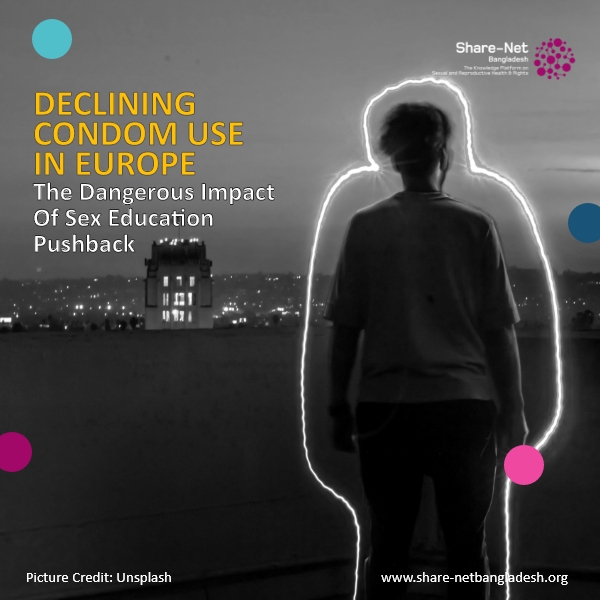Declining Condom Use in Europe: The Dangerous Impact of Sex Education Pushback
A recent report by the World Health Organization (WHO) has revealed a concerning decline in condom use among adolescents across Europe, heightening the risk of sexually transmitted infections (STIs), unintended pregnancies, and unsafe abortions. The study, which surveyed over 242,000 15-year-olds between 2014 and 2022, showed that condom use among sexually active adolescents has dropped significantly. In 2022, only 61% of boys and 57% of girls reported using a condom during their last sexual encounter—down from 70% and 63%, respectively, in 2014.
This decline in safe sex practices has coincided with growing resistance to comprehensive sexuality education (CSE) in several countries. According to Hans Henri P. Kluge, WHO’s regional director for Europe, “the false premise that sex education encourages early sexual activity” has gained traction, fueled by influential political and social voices. In reality, research has consistently shown that adolescents who receive CSE not only delay sexual initiation but also make safer choices when they do become sexually active.
The impact of this educational gap is profound, leaving adolescents without essential knowledge about sexual health, contraceptive methods, and consent. WHO emphasizes the need for “targeted interventions” to address this issue, underscoring that CSE not only promotes safer sexual behaviors but also reduces gender inequality by empowering young people—especially girls—to communicate openly about contraceptive use.
The role of digital media, including social networks and pornography, may also be contributing to risky behaviors. The report suggests that misinformation online, coupled with unrealistic portrayals of condomless sex in pornography, could be influencing adolescent perceptions of safe sex. While digital spaces can offer valuable information, they also expose adolescents to myths and unhealthy sexual norms. Strengthening media literacy through CSE is critical to combat these risks.
The decline in condom use is particularly alarming given the relatively stable rates of sexual activity among adolescents in recent years. The study revealed that 20% of 15-year-old boys and 15% of girls reported having had sexual intercourse in 2022, indicating that while sexual initiation hasn’t increased, adolescents today may be less informed about contraceptive use than previous generations.
Ultimately, addressing this decline requires a renewed focus on comprehensive sex education that meets the evolving needs of adolescents. Only by equipping young people with the knowledge and skills they need can we ensure their right to sexual and reproductive health and empower them to make safe, informed choices.
Source: Medscape
Picture: Unsplash

